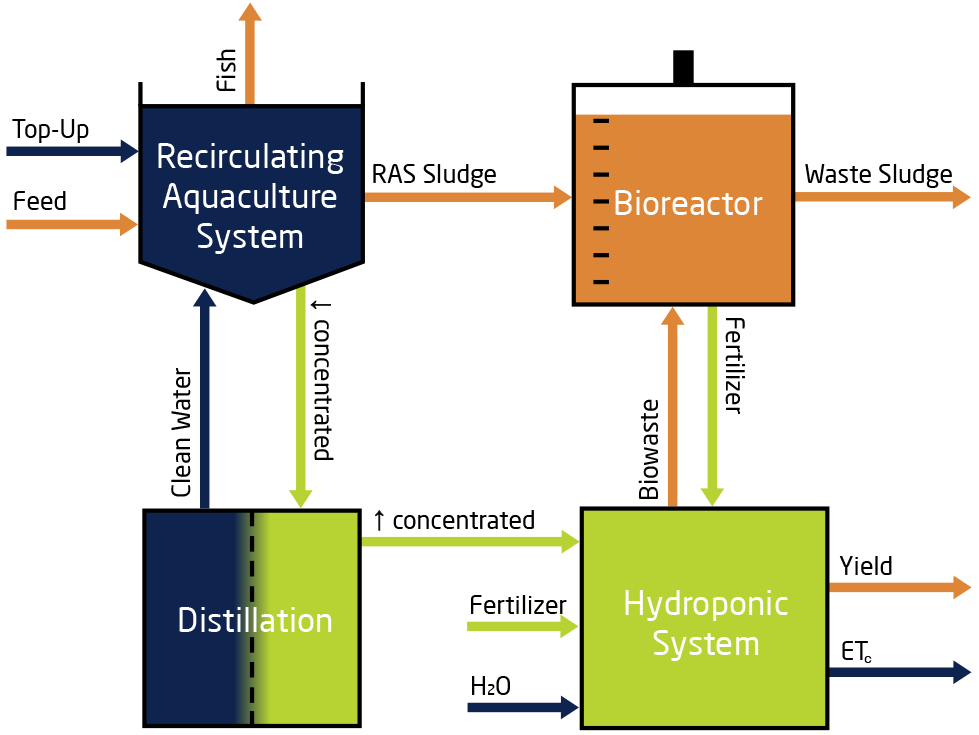
Aquaculture is currently the world’s fastest-growing food production sector, and has the potential to contribute to protein production with a high feed conversion ratio, a dietary shift towards healthier food choices, and a paradigm shift in land and energy use, with food production in closed and controlled systems that require less land, nutrients/fertilisers, and other petroleum-based inputs for cultivation.
One of the key issues in aquaculture is the management of waste, which includes nutrient-rich water and sludge (uneaten feed and fish faeces) that are potentially valuable as fertilisers for plants and crops. Reducing, recycling and reusing these waste streams are possible by connecting a recirculating aquaculture system (RAS) to a hydroponic system to fertilise greenhouse crops.
The combination of aquaculture and horticulture in aquaponic systems intensifies food production, resulting in higher yields per unit of input of fertilizer, water or energy, and producing high quantities of food in a limited space. Such systems have scalability, from backyard and community projects to industrial production.
BLUE-CYCLING aims to optimise aquaponic system design by filling identified knowledge gaps and addressing socio-economic challenges in the following areas:
Recovery of nutrients from the aquaculture and hydroponic waste streams by turning them into value (e.g. biofertilisers for plant production) and optimization of the nutrient balance in aquaponics systems by devising species-specific tailor-made feed
Extraction of water and nutrients from aquaculture systems for delivery to plants as a highly concentrated hydroponic system, and water treatment for recirculation into the aquaculture system using reverse osmosis systems
Use of industrial waste streams, avoiding the production and transport of nutrients for fertigation, and using (agro-)industrially produced CO2 for closed crop production
Use of lumber or other waste from agroforestry to produce biochar for soil remediation and storage of captured CO2
Systems integration with external infrastructure for water harvesting, energy and waste management to optimise the systems with various economic contexts and geographic regions
Evaluation of price volatility effects of climate-change-driven water stress, droughts etc. on prices and access to food, feed and fertiliser, and development of strategies for integrated production to counteract these stresses
Examination of the regulatory constraints in different jurisdictions and how integrated farming technology can help to increase equity and reduce global transport of inputs (fertiliser, feed)
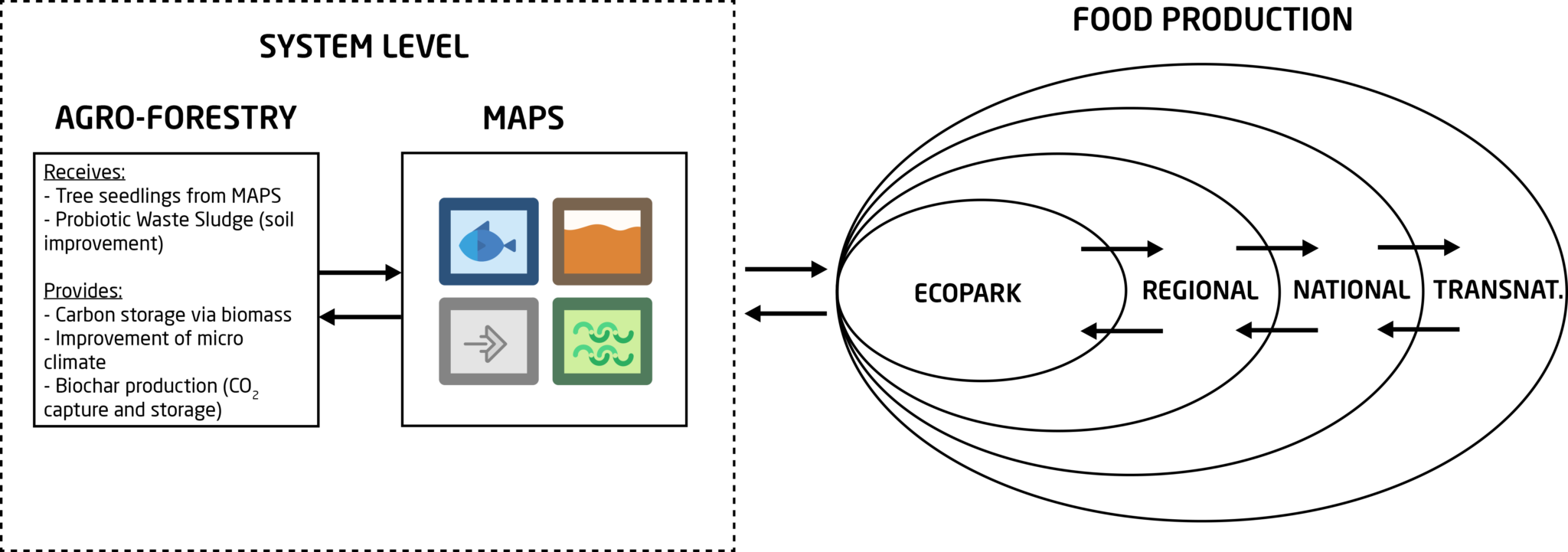
Theoretical research suggests that multi-loop aquaponic systems (MAPS) provide for optimal nutrient concentration levels in both the aquaculture and the hydroponic units, and offer a concrete solution for turning aquacultural sludge and plant waste into biofertilizer.
MAPS can form a perfect symbiosis with permaculture and agroforestry systems since the waste streams of both systems (lumber + greenhouse biowaste) are suitable for the pyrolysis of biomass resulting in the production of biochar. Biochar not only increases soil quality and water storage capacity but is also considered to be an effective tool to mitigate climate change.
The demo system will be used for hydroponics-based nursery production of tree seedlings and the waste streams from the aquaculture unit will be used as a probiotic soil conditioner.
The BLUE-CYCLING project partners – located in Europe and Africa – bring together expertise in different research disciplines
University of Gothenburg, Sweden
National funder: Swedish Research Council for Sustainable Development (FORMAS)
Wageningen University, Netherlands
National funder: Dutch Ministry of Agriculture, Nature and Food Quality (LNV)
Leibniz-Institute of Vegetables and Ornamental Crops (IGZ), Germany
National funder: Federal Office for Agriculture and Food (BLE)
Stellenbosch University, South Africa
National funder: National Research Foundation (NRF)
SINTEF Nord, Norway
National funder: Research Council of Europe (RCN)
University of Greenwich, United Kingdom
National funder: Department for Environment, Food and Rural Affairs (DEFRA)
Maseno University, Kenya
National funder: Ministry of Education, Science and Technology (MoEST)
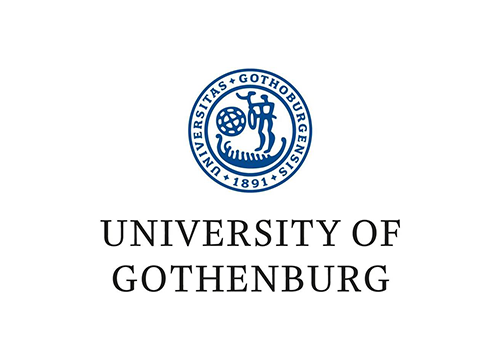
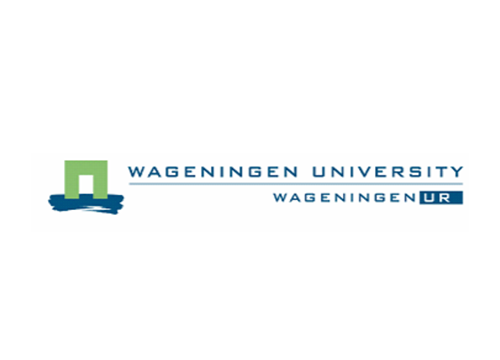
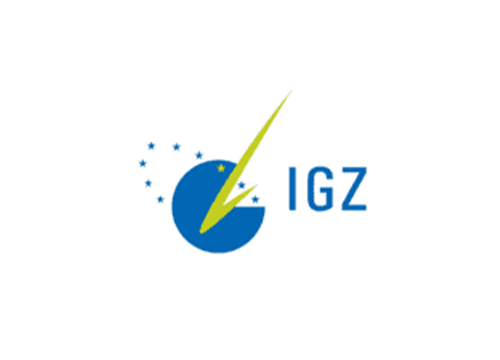
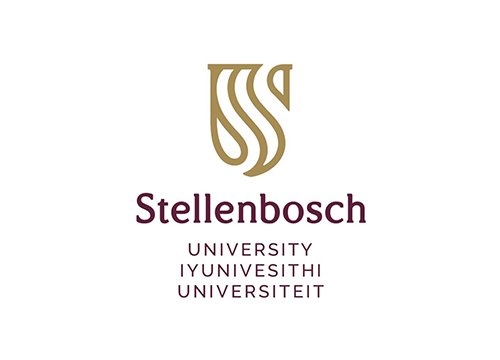
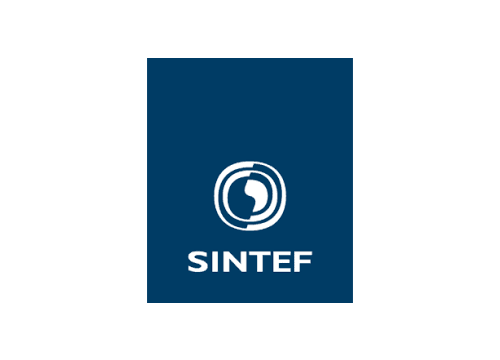
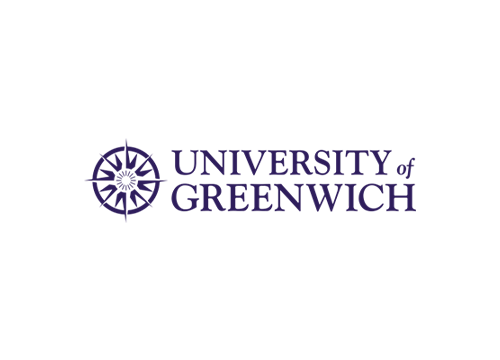
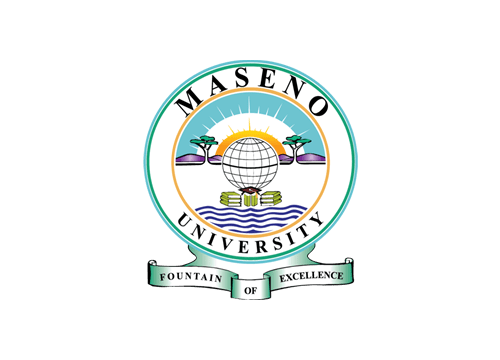
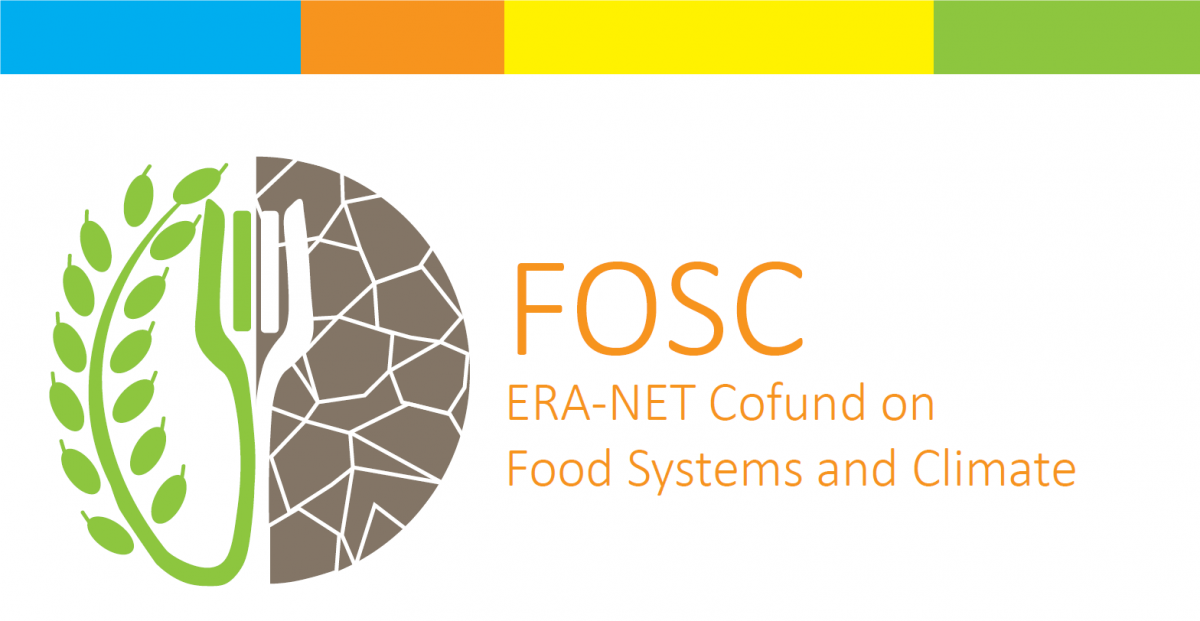

This project is part of the programme of the ERA‐NET Cofund FOSC that has received funding from the European Union’s Horizon 2020 research and innovation programme under grant agreement No 862555.
ERA-Net Cofund on Food Systems and Climate
https://www.foscera.net./en/foscera/about-fosc.htm
Alyssa Joyce
University of Gothenburg
alyssa.joyce@marine.gu.se